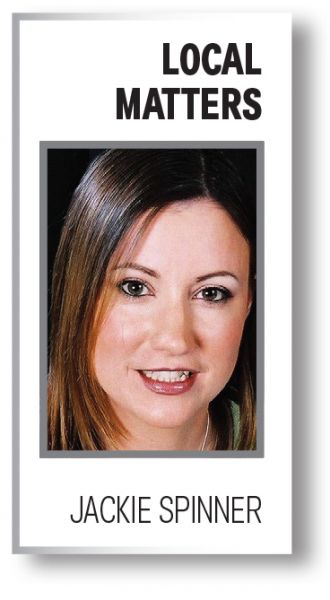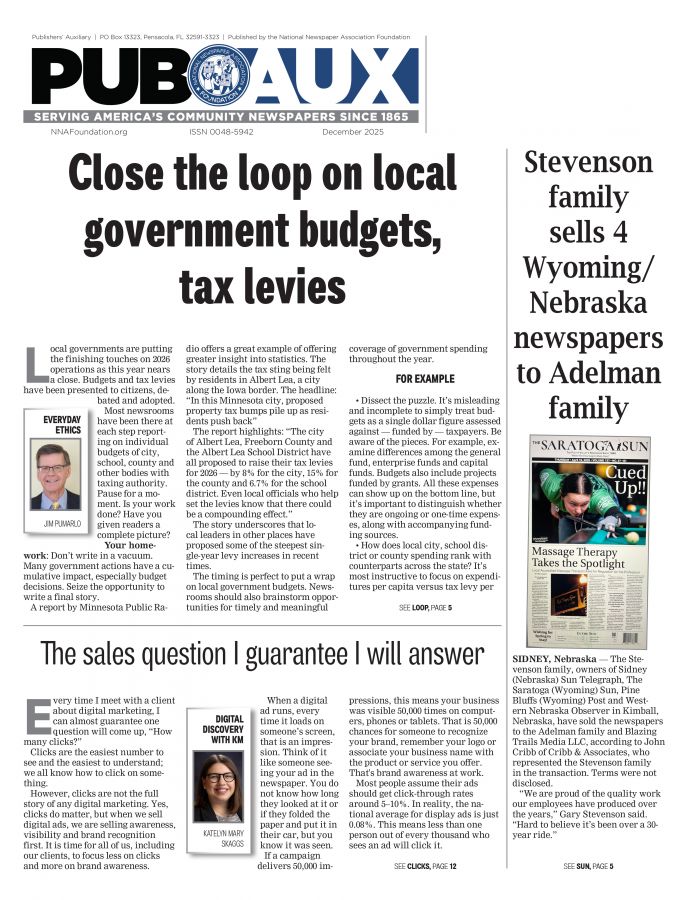What local media can do to help disseminate accurate information about vaccine efficacy
Jackie Spinner
Sep 1, 2021


A few days ago, I shared an op-ed on my personal Facebook page by a doctor in Los Angeles who wrote that she was running out of compassion for the people unwilling to get the COVID vaccine.
“Last year, a case like this would have flattened me,” the doctor wrote of a man who had refused to be vaccinated and was now dying. “I would have wrestled with the sadness and how unfair life was. Battled with the angst of how unlucky he was. This year, I struggled to find sympathy. It was August 2021, not 2020.
The vaccine had been widely available for months in the U.S., free to anyone who wanted it, even offered in drugstores and supermarkets. Cutting-edge, revolutionary, mind-blowing, lifesaving vaccines were available where people shopped for groceries, and they still didn’t want them.”
I have a variety of Facebook friends from different parts of my life, including from my childhood in central Illinois, a more conservative part of the state than where I live now in Chicago.
Nonetheless, the post drew support from a childhood acquaintance from church who is now a doctor and a friend of my mother’s who has two daughters working in health care.
The last comment on the post came from an old high school acquaintance whose life in the past decades I know little about. I can see from his Facebook page that he has grandchildren about the age of my children. (I am an older mom.) I assume he still lives where we grew up, but I don’t know for certain. He disagreed with the doctor’s op-ed, even though he acknowledged he had been vaccinated because of concerns for a sick family member. “Otherwise, nope would not get it and that would be my ‘FREEDOM’ and ‘CHOICE’ not to,” he wrote. “I would like to see real data that is true fact and not the politically pushed agenda #s.”
He got one “like” and one “heart” in support (the heart was from my unvaccinated brother), but no one argued back with him.
I didn’t respond either, but I did reach out privately to ask about his news diet and to find out why he could not find the data he was missing about vaccines. Granted, I consume more news than most people, but I have seen plenty of research about vaccines presented in a pretty straight-forward manner from a variety of different news sites. How could he have missed this?
Even if he didn’t ultimately agree with the findings, because in a post-fact world we have the freedom and choice to do that, surely he had seen reports of the numerous vaccine effectiveness studies and the growing body of evidence that the vaccines reduce the risk of COVID-19, including severe illness, among people who are fully vaccinated by 90% or more.
Certainly, there are plenty of people who think that numbers lie, but hospitals undoubtedly are full again with COVID-19 patients in nearly every part of the country.
My message was polite. “I’m wondering if your local news outlets (not talking about FOX, CNN, etc.) have printed stories with non-political data or if you would trust your local news outlets if they did provide information. In other words, which source would you trust? I am genuinely curious and hope you and your family remain well.”
He wrote back immediately.
“I am so frustrated with the far left and right news media trying to push agendas that only fit their narratives,” he told me. “It seems like you only watch and read opinion shows and the facts have been left behind. I am sorry to give this to you straight but journalism seems to be fading behind these radical agendas that push their so-called truth only.”
He said he liked podcasts. “We don’t have cable, and I listen to podcasts but my brain filters out some of it because it is hearsay.”
He then wished me well and asked me to “fight the good fight for truth only.”
In return, I acknowledged that it was important for journalists to refrain from giving their opinion, even if we have them. But I assured him that the vast majority of the news media are modestly paid journalists working for local media who try to be objective. The difficulty is that people want news that supports what they already believe and not really to get information.
It is a challenge for readers and viewers and a challenge for journalists.
I shared the link to the science-based Nature Podcast I liked and also recommended that he listen to NPR, telling him that “public radio has managed to stay very in the middle on news stories.”
Yes, he told me, he liked NPR. Then he went on to share that a neighbor worked at the local hospital and had told him that the virus was hitting younger people much harder this time. “I am sure the vaccine helps, but there are groups that will not get it no matter what.”
Our exchange was useful for me in trying to understand what local media can do to help disseminate accurate information about vaccine efficacy.
If you haven’t started a podcast yet, start one. Attach a microphone to your editor’s computer and have them start talking about the news stories that your publication covers. People are listening.
Seek out the nurses, doctors and health care workers in your community and have them tell their stories. If you’ve already done it, do it again. Invite them to talk your editor on their podcast.
My high school acquaintance rejected the account of a doctor in Los Angeles but listened to his neighbor who works at the local hospital.
Publish the numbers of hospitalized COVID patients at your local hospital. Keep the story on the front page.
We are at a crossroads in America yet again, grappling with a virus that is stealing lives and time, just as our children return to school.
When we cover contentious school board meetings where people might be fighting over mask mandates, we can certainly present a variety of opinions, but we are not obliged to present a variety of facts.
The false equivalency has to stop.
A family member recently told me that she had no plans to get vaccinated because there was “information on both sides.”
This is not true. There is just information, and we owe it to our readers and to our communities to keep presenting it fairly and factually.
Jackie Spinner is the editor of Gateway Journalism Review (gatewayjr.org) and an associate professor at Columbia College Chicago. Send story tips to jspinner@colum.edu.





